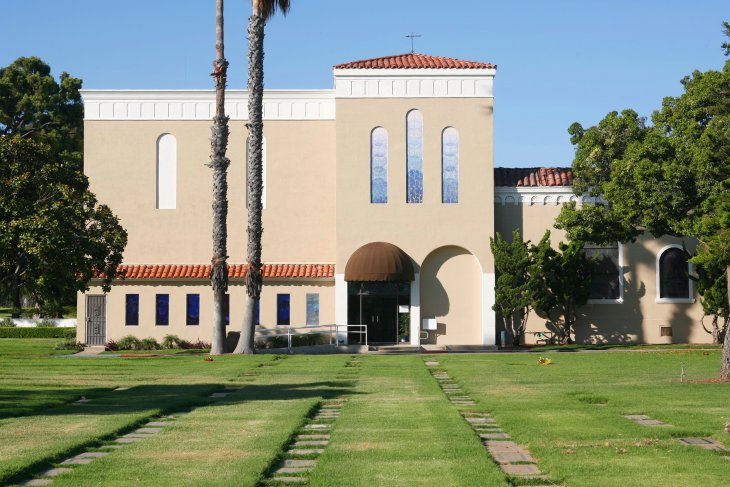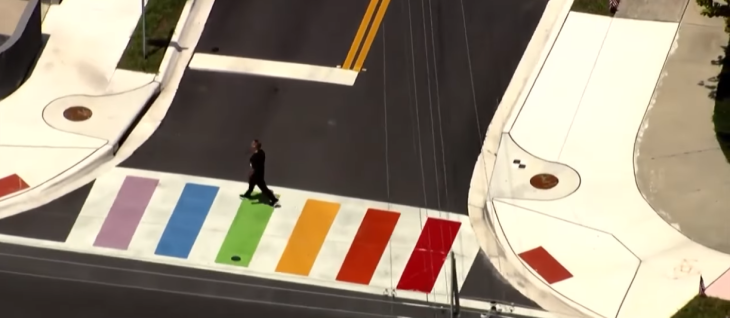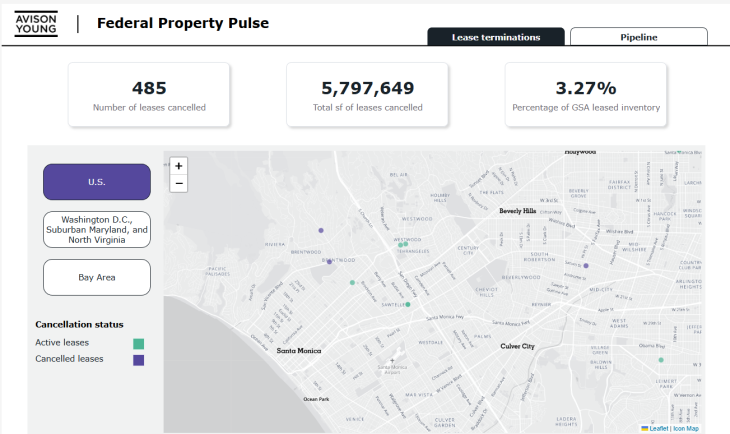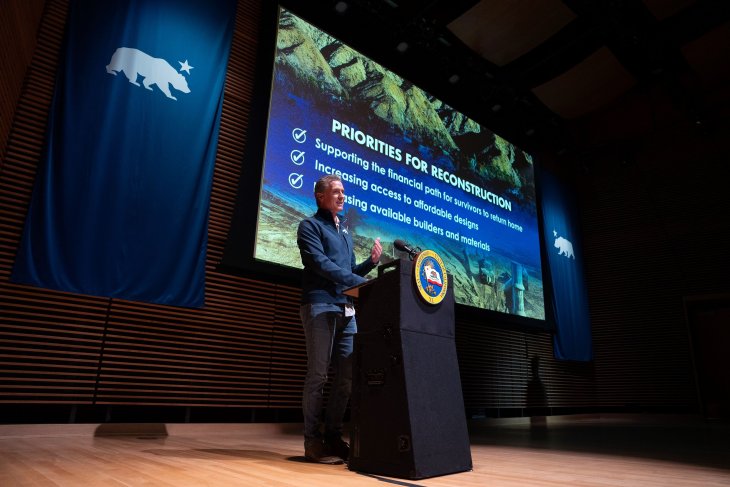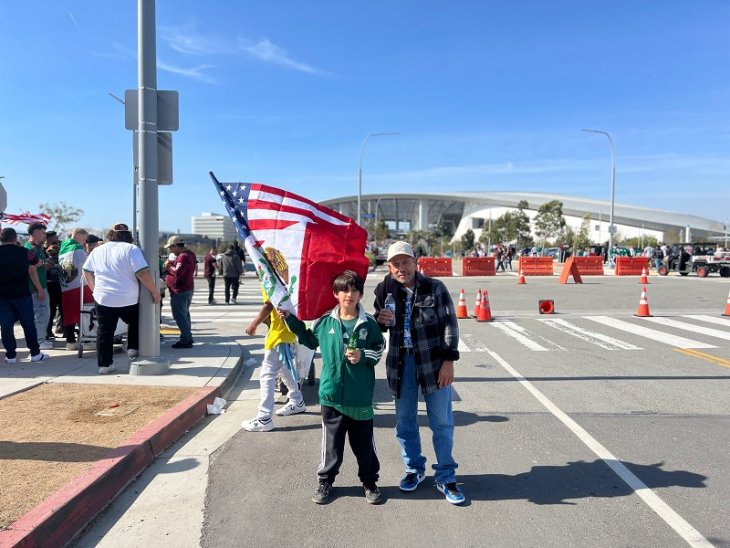The Wall Las Memorias Project, Richard Zaldivar: Trump Administration Takes One Step Forward, Two Steps Back On HIV
Monuments are not just reminders of the past, but markers for the kind of world we want to live in. For those of us who lived through the summer of 1993, during the height of the HIV/AIDS crisis, memories of where we once were continue to inform where we must go.
Today, individuals who test positive for HIV have a myriad of treatment options that once seemed impossible. In the last few decades we’ve pushed forward medical breakthroughs that have allowed those living with HIV/AIDS to live long, healthy lives. Recently, the second person diagnosed with HIV was cured. The silence and guilt that once plagued the many men and women affected by this illness has increasingly given way to greater societal understanding. Unfortunately, the Trump administration is risking all of this progress with a dangerous proposal that may block patients from accessing these lifesaving treatments.
The Department of Health and Human Services (HHS) recently proposed a rule that would relax existing patient protections under the Medicare program. These protections, known as the six protected classes, safeguard the treatment regimens of patients living with complex conditions like HIV/AIDS, cancer and mental illness. By ensuring plans cover all medications under these six classes, individuals and their doctors can tailor care to their personal needs without fear of bureaucratic obstacles.
These protections have allowed patients to access the innovative medications that have made a difference in the lives of people diagnosed with serious medical conditions. Curtailing these protections and restricting treatment options is a recipe for worsening health outcomes and higher long-term health care costs. Patients living with HIV/AIDS understand, more than anyone, the need for multiple avenues for care. Medications effect people differently, with varying levels of success. Ensuring a wide array of options for potentially life-threatening illnesses is not only the right choice medically, but the right choice morally.
These poorly conceived policies are particularly salient for marginalized populations like the Latino and LGBT communities. Members of these groups typically face multifaceted, at times intersectional, obstacles to adequate care due to systemic barriers and general stigma. It has been a long climb toward eradicating this bigotry, but our communities have persevered.
Today, Southern California is a safer place for underserved populations at risk of HIV/AIDS thanks to a concerted commitment to open dialogue, education, prevention services and access to treatment. Health care is an absolute necessity in the ongoing fight against HIV/AIDS, it affirms the lives of those living with this illness and those who fought for these protections.
When you walk through Lincoln Park in Los Angeles amid the fields and picnic tables, you’ll find a reminder of this continuing struggle. Las Memorias AIDS Monument, the first publicly funded AIDS monument in the nation, has over 360 names etched into it — the names of people who have died from this disease. Many of these individuals did not have the treatment choices that HIV/AIDS patients have today. All of which are under threat if these harmful changes to Medicare Part D are allowed to go through.
It’s not too late for the Trump administration to rethink this proposal. Together, with the Latino, LGBT and HIV/AIDS communities, we can find health care solutions that promote wellness for all people. We know where we’ve been, we know how far we’ve come and we know the choices we need to make to create the future we need.
Richard Zaldivar is the founder and executive director of The Wall Las Memorias Project, a nonprofit organization dedicated to promoting wellness and preventing illness among Latino populations affected by HIV/AIDS


